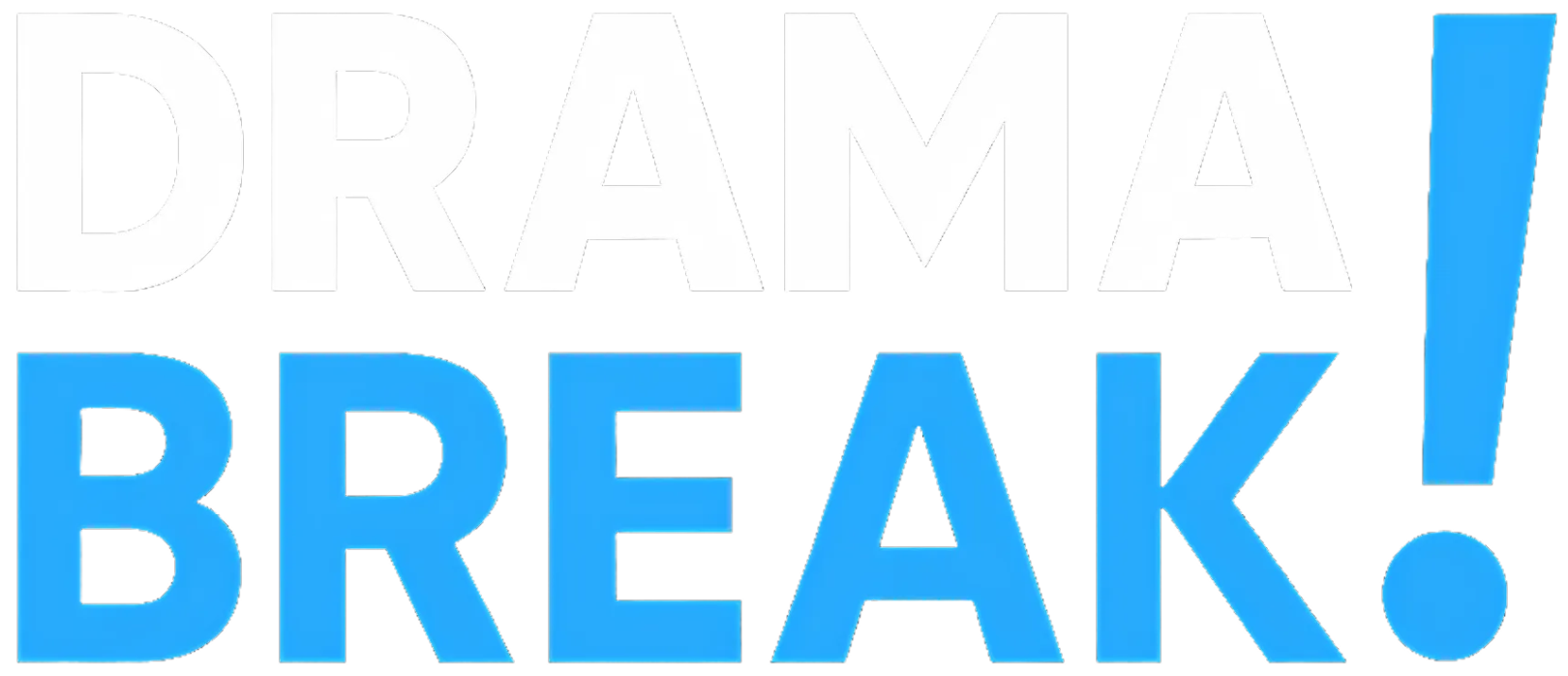By PETER HANCOCK
Capitol Information Illinois
Households of Illinois jail inmates and authorized advocates spoke out this week towards a brand new program on the Illinois Division of Corrections that restricts incarcerated individuals’s entry to incoming mail and in some instances solely permits them to see electronically scanned photographs of letters and different correspondence.
IDOC introduced in August that it was launching this system as an effort to forestall medication and other forms of contraband from getting inside state prisons. However critics of this system argued it violates prisoners’ civil rights and mentioned there’s little proof to recommend such a program may have any impact.
“We don’t argue that the drug drawback is there,” Juanita Hernandez, whose husband has been incarcerated, instructed an administrative panel. “We all know it’s there. We simply don’t assume that the best way that this has gone about is truthful in any respect.”
Hernandez spoke at a public listening to Tuesday on a proposed change to IDOC’s administrative guidelines that will make the mail screening program everlasting. This system is at present working underneath an emergency rule that IDOC promulgated in August, however emergency guidelines can solely be in impact for 150 days.
Lawmakers have already expressed skepticism about this system. At a gathering in September, the Common Meeting’s Joint Committee on Administrative Guidelines formally objected to the emergency rule. Whereas that objection didn’t block the rule from remaining in impact by means of January, it despatched a message to the division that it might want to make vital adjustments — and take heed to suggestions from incarcerated individuals’s households, attorneys and different stakeholders — if it needs to make the rule everlasting.
Cook dinner County Jail has been wrestling with related issues, significantly drug-soaked paper disguised as letters, authorized mail, and books.
The Cook dinner County Sheriff’s Workplace launched a full-court press to cease the introduction of contraband after 9 inmates died of drug overdoses in 2023, resulting in dozens of arrests. In 2024, the variety of drug-related deaths within the jail dropped to 1, in accordance with the Cook dinner County Medical Examiner’s Workplace. There have been none this yr.
The emergency guidelines
Underneath the emergency guidelines, most incoming mail addressed to prisoners — together with letters, images or drawings made by their kids — is scanned into digital photographs, which the prisoners can entry on laptop tablets which might be issued to them. Some mail, corresponding to authorized correspondence from an lawyer, is meant to be exempt from scanning.
IDOC launched this system after the union representing correctional officers issued a report final yr that described an “explosion in unlawful drug use” within the state jail system that was endangering the well being and security of correctional staff. It advised that medication — together with artificial medication in addition to paper soaked in wasp spray that prisoners may burn and inhale fumes from — had been entering into the prisons by means of unscanned mail.
Tenielle Fitzjarrald, president of the native union representing officers on the Lawrence Correctional Middle, mentioned working circumstances within the jail earlier than the mail scanning program was applied had been unacceptable.
“Previous to mail scan being applied at our facility, you couldn’t stroll right into a housing unit with out smelling the acrid burning odor of chemical compounds or paper or smoke within the cell homes,” she instructed the panel. “And generally it was so unhealthy that you may even see the smoke haze on the wings. Each month, we might have workers who’re out of labor due to exposures to those unknown substances.”
For the reason that division started scanning mail, she mentioned, circumstances have significantly improved.
“It’s a reduction to not go away work with a headache day by day,” she mentioned. “Since scanning the mail, we now have gone whole weeks with no incidents involving intoxicated people.”
Criticisms of the coverage
However Wendell Robinson, government director of the Restore Justice Basis, a bunch that advocates for much less punitive felony justice insurance policies, mentioned it was inhumane to chop off inmates’ entry to bodily mail. He mentioned this system would seemingly have little impact on contraband entering into prisons.
“Folks typically learn and re-read mail to remind them of their help system,” he mentioned. “To digitize bodily mail is to get rid of the artwork, magnificence and emotion, the feel and even a scent that’s distinctive to bodily correspondence. Moreover, there is no such thing as a proof to help that the proposed everlasting guidelines will probably be efficient in stopping contraband from getting into the IDOC.”
Ben Ruddell, director of felony justice coverage on the American Civil Liberties Union of Illinois, additionally questioned whether or not any proof supported the concept that the mail was a significant supply of contraband. He mentioned limiting inmates’ entry to mail raised many authorized considerations, together with First Modification rights of prisoners and the individuals who correspond with them.
“Courts have acknowledged that the timing of speech is usually as necessary as its content material, an remark that has specific drive in relation to mail regarding authorized and medical issues,” he mentioned. “The shortage of limits on the entry, use and sharing of scanned mail will seemingly have a chilling impact on the speech of some family and friends who could also be much less forthright and private of their letters to their incarcerated family members, or could determine it’s not price sending something in any respect.”
The Joint Committee on Administrative Guidelines is scheduled to evaluate the coverage once more at its subsequent month-to-month assembly Nov. 18 in Chicago.
Capitol Information Illinois is a nonprofit, nonpartisan information service that distributes state authorities protection to a whole lot of stories shops statewide. It’s funded primarily by the Illinois Press Basis and the Robert R. McCormick Basis.

